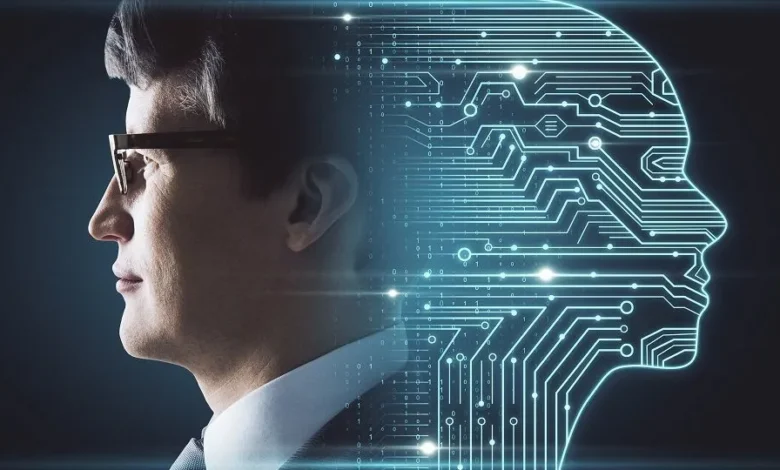Artificial Intelligence – The Future of Innovation

Artificial Intelligence (AI) has transformed the way we interact with technology. From voice assistants like Alexa and Siri to advanced robotics and self-driving cars, AI is shaping the future. Businesses, healthcare, finance, and even entertainment industries are leveraging AI to optimize processes and enhance user experiences. In this article, we will explore what AI is, its applications, benefits, challenges, and what the future holds for this groundbreaking technology.
What is Artificial Intelligence?
Artificial Intelligence refers to machines or software mimicking human intelligence to perform tasks that typically require cognitive abilities. AI systems can learn, analyze, make decisions, and even improve over time without human intervention. It involves machine learning (ML), deep learning, natural language processing (NLP), and robotics.
Types of AI
- Narrow AI (Weak AI) – Designed for specific tasks, such as facial recognition, recommendation systems, and chatbots.
- General AI (Strong AI) – A hypothetical AI capable of human-like reasoning and decision-making across various domains.
- Super AI – A futuristic concept where AI surpasses human intelligence in all aspects.
Applications of Artificial Intelligence
AI is already being used in various industries, bringing efficiency, automation, and accuracy to different domains:
1. AI in Healthcare
- AI-powered diagnostics for diseases like cancer.
- Robotic surgeries with precision and efficiency.
- AI-driven drug discovery and personalized treatments.
2. AI in Business & Finance
- Chatbots for customer support.
- AI algorithms for fraud detection in banking.
- Automated stock market trading.
3. AI in Education
- Personalized learning experiences through AI tutors.
- Automated grading and administrative tasks.
- AI-driven analytics for student performance tracking.
4. AI in Transportation
- Self-driving cars using AI-based navigation.
- Traffic management systems.
- AI-powered predictive maintenance for vehicles.
5. AI in Entertainment & Media
- AI-generated music, art, and video content.
- Recommendation engines for Netflix, YouTube, and Spotify.
- AI-driven gaming experiences and virtual reality (VR).

Benefits of Artificial Intelligence
AI offers numerous advantages across industries, making processes more efficient and cost-effective:
- Automation – Reduces human effort in repetitive tasks.
- Accuracy & Precision – AI eliminates human errors in calculations and predictions.
- Cost Savings – AI-driven automation reduces operational costs.
- Data Analysis – AI processes large datasets faster and more accurately than humans.
- Enhanced Security – AI-powered cybersecurity systems detect threats in real-time.
Also Read: zeotech.site
Challenges & Risks of AI
Despite its benefits, AI also presents significant challenges and risks:
- Job Displacement – Automation may replace traditional jobs.
- Bias in AI Models – AI systems can inherit biases from their training data.
- Ethical Concerns – AI surveillance and deepfake technology raise privacy issues.
- Security Risks – AI can be misused for cyberattacks or malicious purposes.
To address these concerns, organizations must implement ethical AI practices and develop regulations to ensure responsible AI deployment.
The Future of Artificial Intelligence
AI is continuously evolving, and its future holds immense potential:
- AI-Powered Autonomous Systems – From self-driving vehicles to fully automated factories.
- Advanced Human-AI Collaboration – AI assistants enhancing workplace productivity.
- AI in Space Exploration – NASA and SpaceX using AI for planetary research.
- General AI Development – Machines capable of thinking and reasoning like humans.
As AI advances, it will reshape industries, improve lives, and redefine how we interact with technology.
Conclusion
Artificial Intelligence is no longer a futuristic dream—it is a reality transforming our world today. From healthcare and finance to education and transportation, AI is revolutionizing industries and enhancing efficiency. While challenges like ethical concerns and job displacement exist, responsible AI development can maximize benefits while minimizing risks. AI’s future is full of opportunities, making it an exciting field to watch and explore!





One Comment